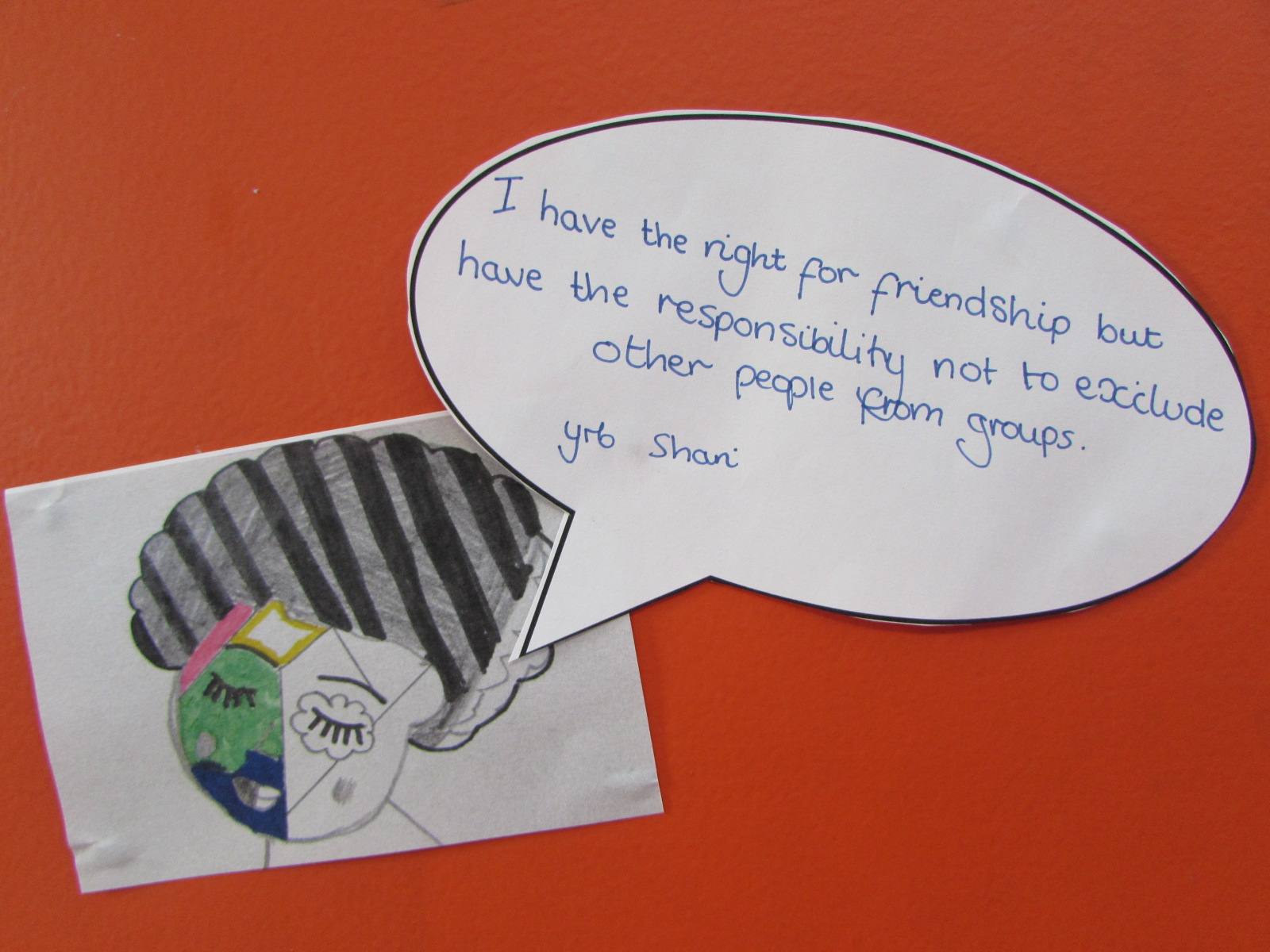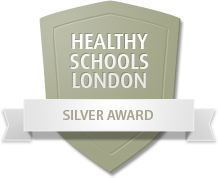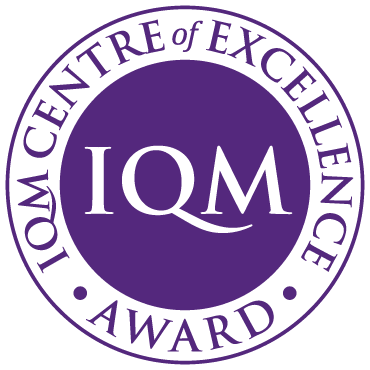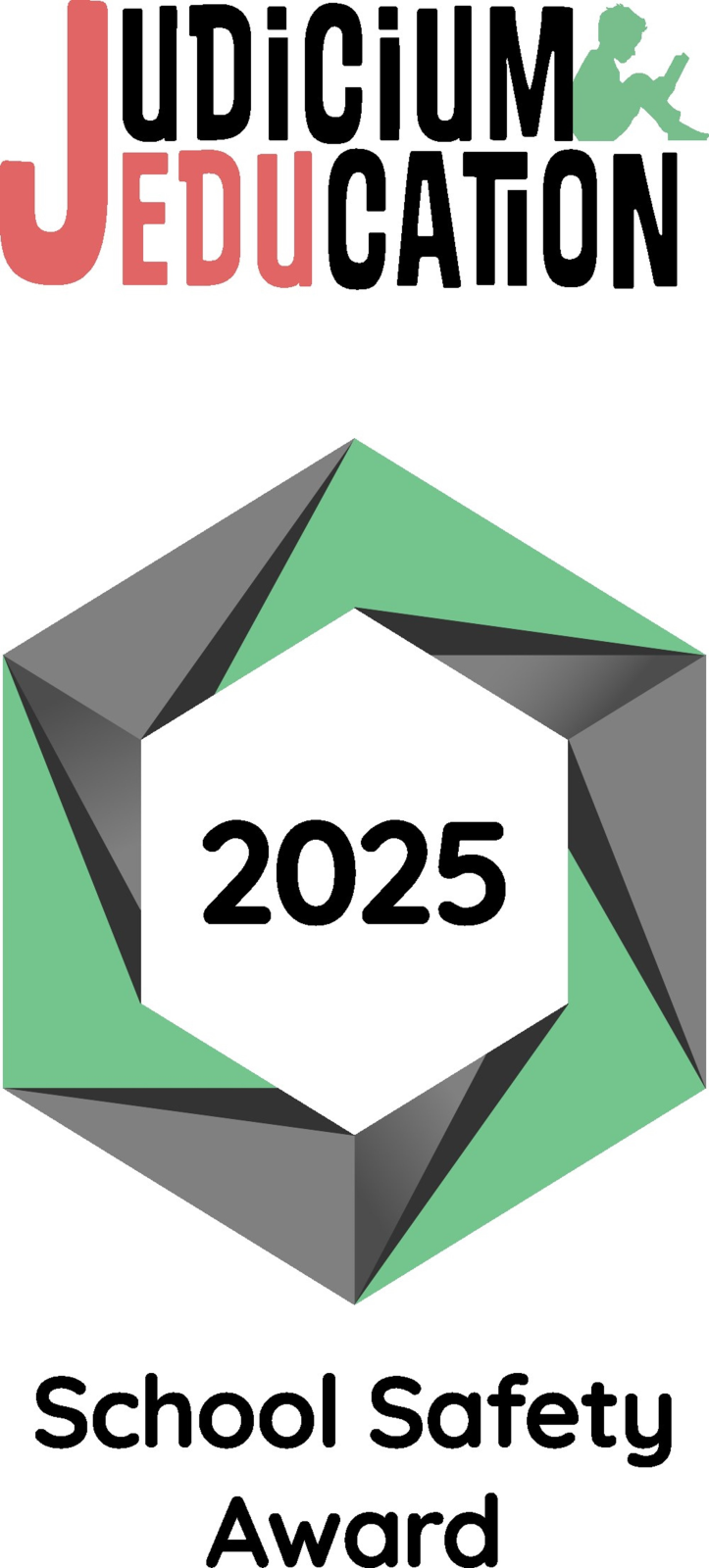P.S.H.E.
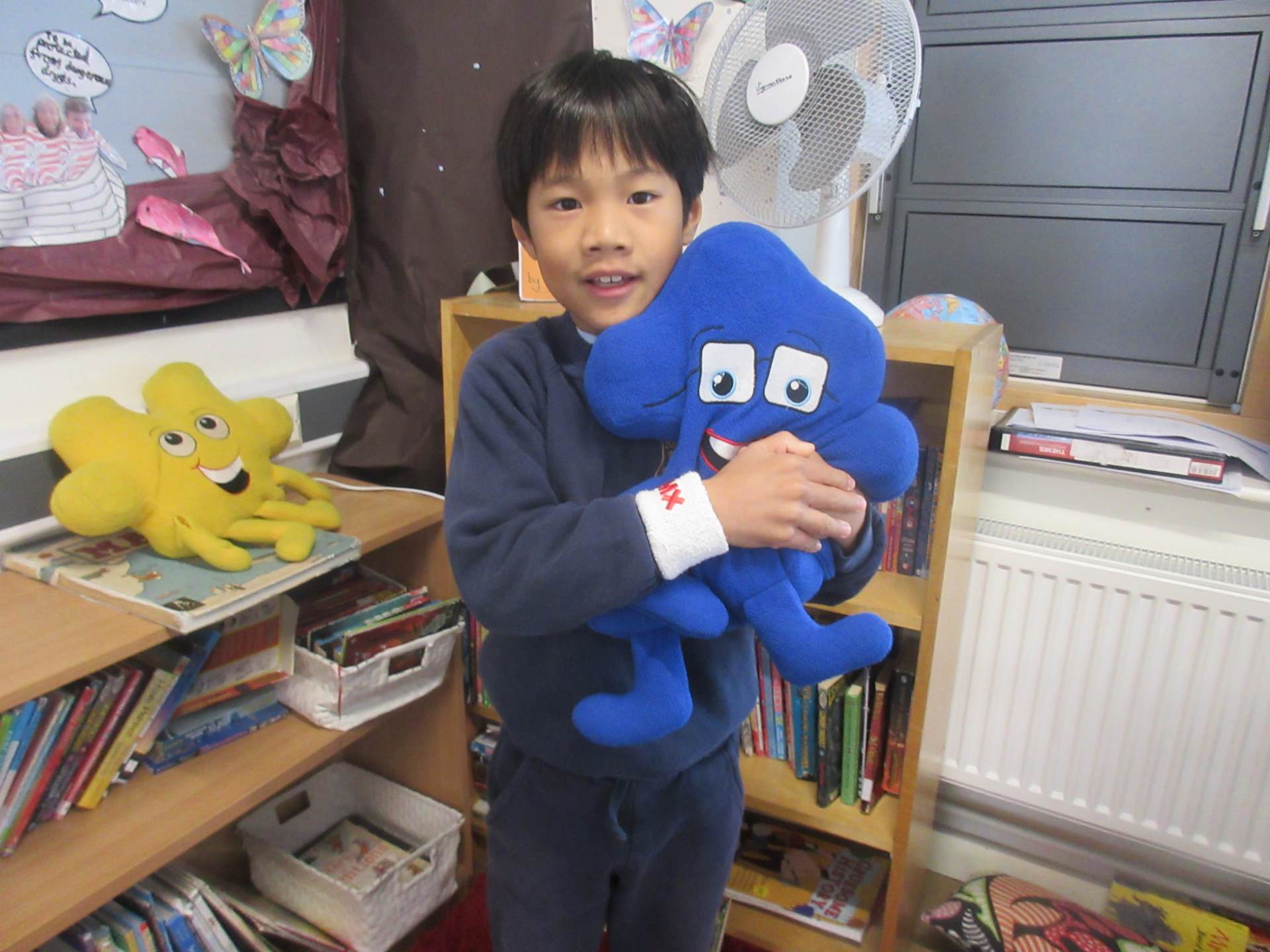
At Immanuel and St Andrew, P.S.H.E. is of central importance to all we do. It teaches skills to children which will stay with them for life.
By the time our children leave in Year 6 they will have learnt from a range of subjects within PSHE, including Relationships and Health Education. They will have learnt how to view themselves and others positively and will understand what healthy relationships look like in different contexts. Children will understand how to stay healthy, physically, mentally and spiritually, and will be able to act as citizens in society, expressing opinions confidently while respecting the views of others. All children will be able to apply the skills they learn within PSHE to other areas of the curriculum and their wider experiences. They will be resilient and understand how they learn best by having a good grasp of cognitive learning skills.
Our Approach
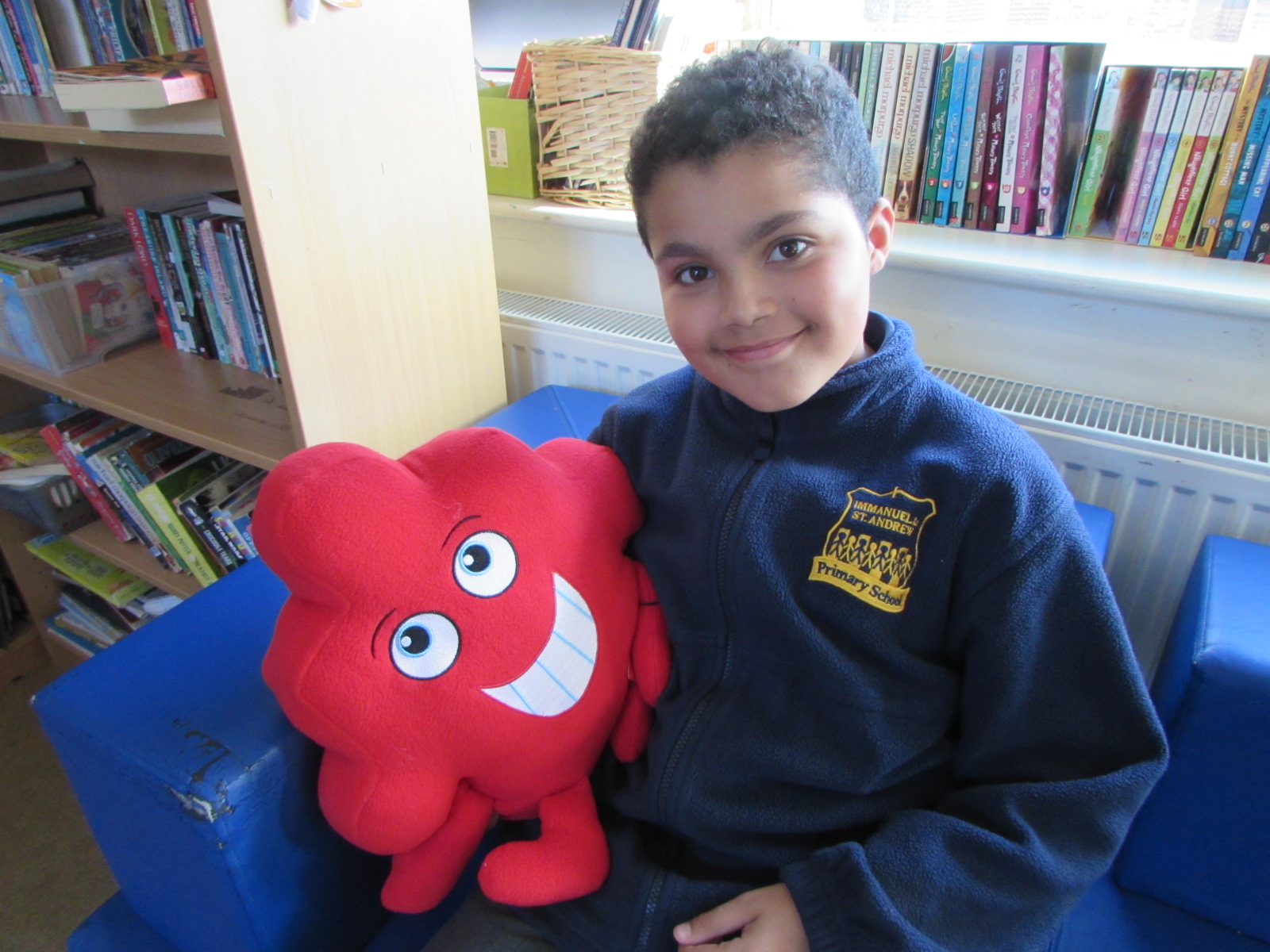
At Immanuel and St Andrew, we use the Jigsaw approach as a basis for PSHE teaching and learning for Reception to Year 6. The Jigsaw Scheme is designed as a whole-school approach and it provides a detailed and comprehensive scheme of learning which also includes Health and Well-being. The sessions are spiral and progressive, aiming to prepare children for life, helping them to really know and value who they are and understand how they relate to other people in this rapidly changing world. The Jigsaw approach brings together PSHE Education, emotional literacy, social skills and spiritual development in a thorough scheme of learning.
Click here for our PSHE curriculum overview
PSHE in the Early Years
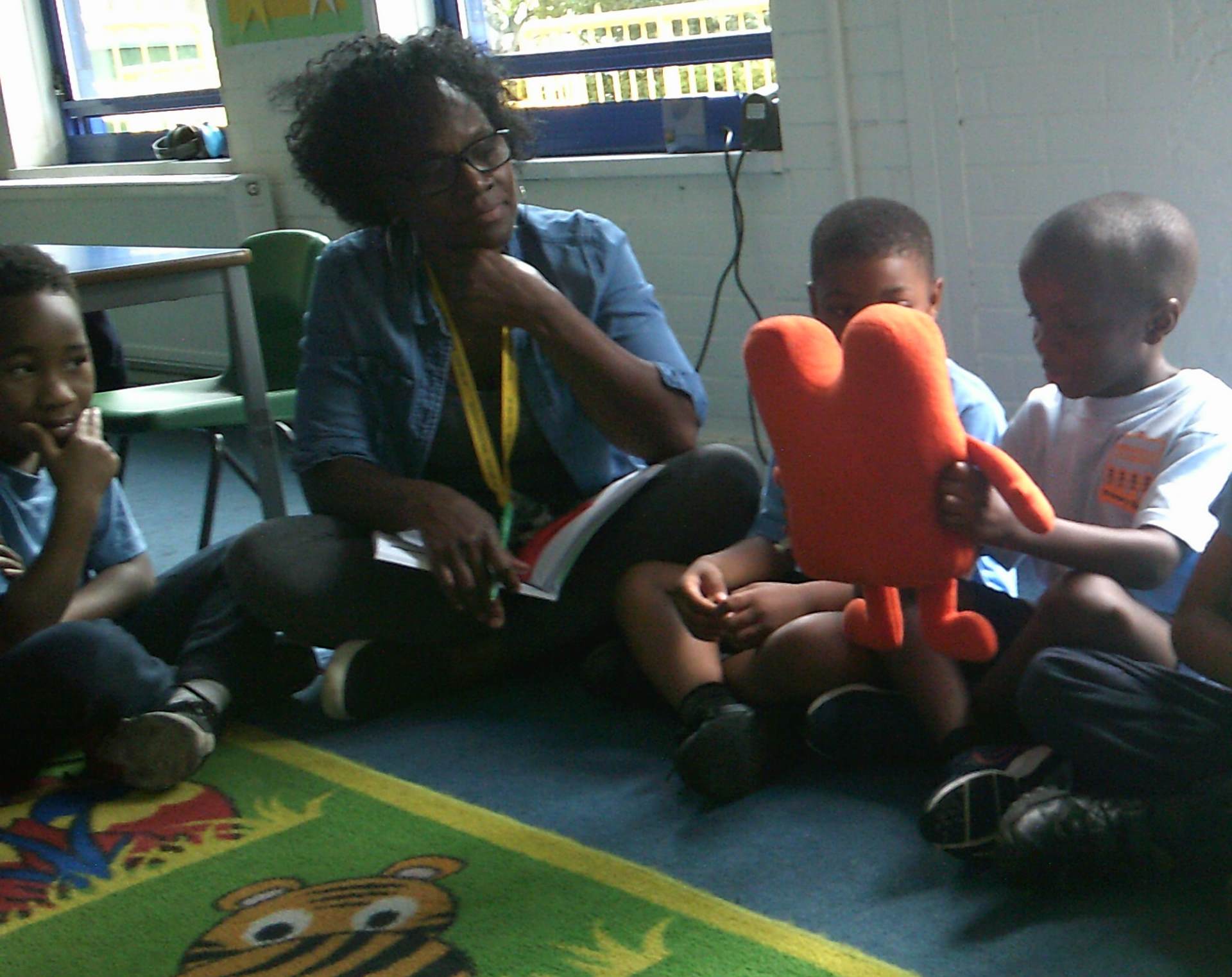
In the Early Years Foundation Stage, PSHE is referred to as Personal, Social and Emotional Development (PSED). This area of children’s learning is concerned with wellbeing – knowing who you are, where you fit in and feeling good about yourself. It is also about developing respect for others, social competence and a positive disposition to learn.
At Immanuel & St Andrew, we encourage children to form positive relationships in a setting that supports mutual respect and understanding and that celebrates and acknowledges differences.
With adults as guides and role models, children at Immanuel are influenced to develop anti-discriminatory attitudes. They are encouraged to gain a knowledge and understanding of their own culture and community to help them develop a sense of belonging and a strong self-image.
A positive self-image and high self-esteem is always encouraged to give children the confidence to make the most of opportunities, to communicate effectively and to explore the world around them.
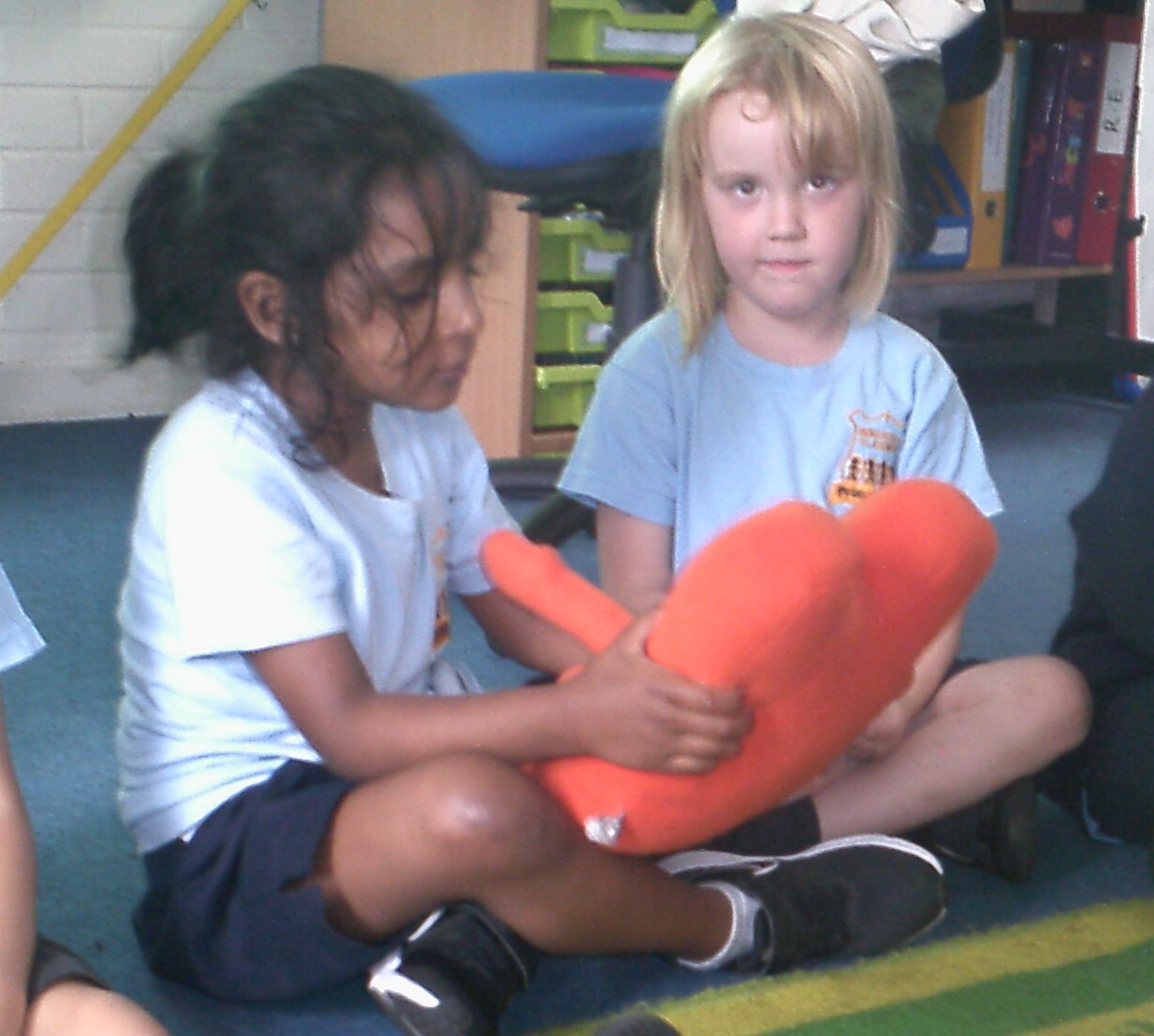
How to help your child with PSHE and PSED (in EYFS) learning
- Encourage your child to play with friends or siblings outside of school hours. Provide plenty of different materials and resources for them to choose from and get them working together to build things, solve problems and create things. Most importantly, promote sharing and turn-taking!
- Try to have some sort of role play area in your home. It could be a fancy dress box, a playhouse or a shed. Furnish it with old clothes, hats, shoes, and uniforms and props, such as police or doctor outfits. Role play is a brilliant way to help children learn and empathise with others.
- If you have certain rules in your house, help your child to understand why they are in place. Discuss the rules and ask your child to contribute to them. If your child feels they have made the rules, they'll be less likely to break them!
- Affirm and praise positive behaviour, explaining that it makes children and adults feel happier.
- Encourage your child to dress and undress independently, and manage their own personal hygiene, giving support where needed.
- Help your child to learn to empathise with others by telling them stories about real life situations and asking them to explain how they feel and what they think.
- Always ask your child plenty of questions about their feelings.
- Initiate a conversation about a topic when cooking together, watching television or films or through news stories.
